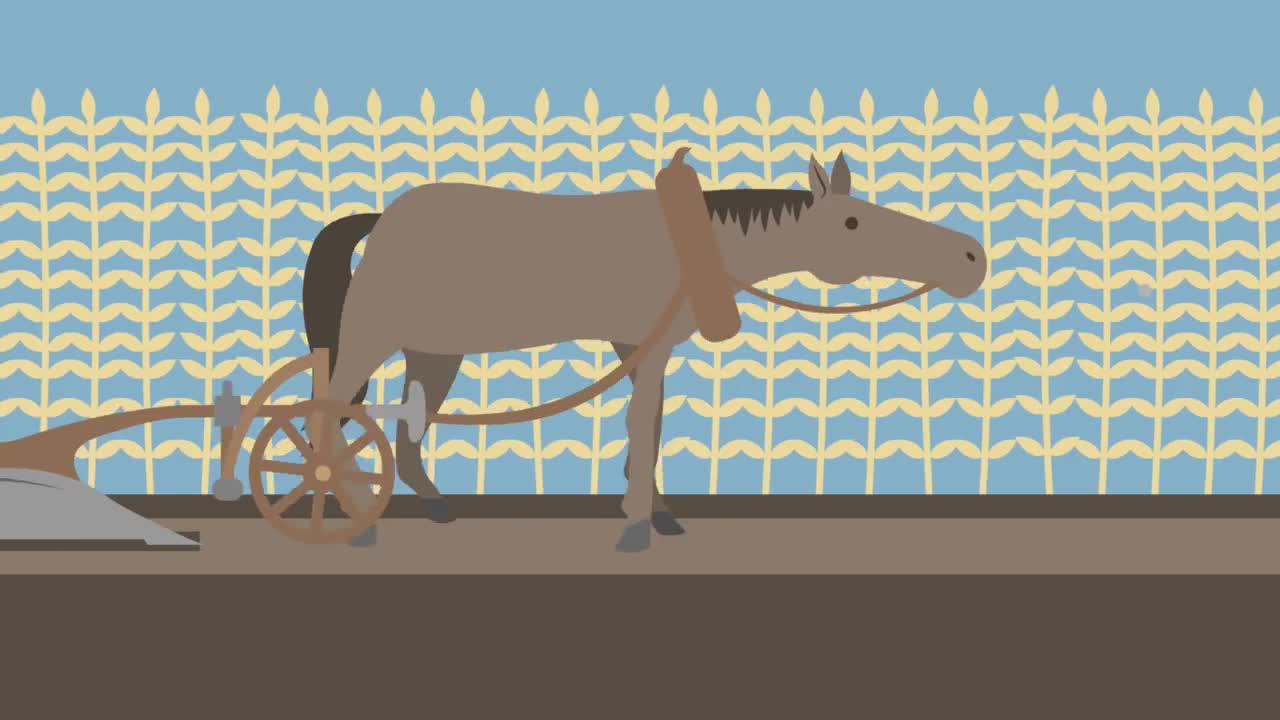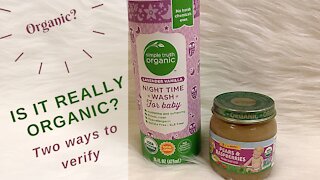Premium Only Content

What is Organic Farming? | Agriculture | Biology | FuseSchool
As populations have grown, farming practices have become more intensified to maximize crop yields and ensure we can feed the ever-growing population. Fertilizers and pesticides are used on crops, and animals may be kept inside in more densely packed sheds to maximize milk yields, or egg production, or speed up the time needed for the animal to be ready to be sent to market for meat.
An alternative to conventional farming is organic farming.
Organic farming currently accounts for about 1% of agricultural land worldwide. It focuses on sustainability and is thought to have less detrimental effects on the environment than conventional farming. This has led to it being proposed as an alternative to conventional agriculture for helping to overcome the climate change crisis we are currently experiencing. The debate continues, as it is not a perfect solution.
In theory, organic farming should not use chemical fertilizers, herbicides, and pesticides, or feed additives for livestock. It requires the farmer to use more natural alternatives. This results in lower yields, but the farmer can sell their produce at a higher price because consumers believe the produce is of a higher quality.
Instead of fertilizers, manure is used. This recycles waste and improves the soil structure. However, it is smelly and more difficult to apply than chemical fertilizers, and also means the farmer has less control over the mineral content they are putting into their soils.
Crop rotation is used to reduce disease building up in the soils and to strengthen the soil composition. Certain crops, such as the legume family - so peas and beans, fix nitrogen from the air and increase the nitrates in the soil. This makes the soil much more fertile, and so farmers rotate legumes with their other crops. Growing multiple crops is however less efficient and produces lower yields than specializing in one or few crops however.
Instead of using herbicides, weeding is the preferred organic farming technique. This is of course much more environmentally friendly because it is chemical-free but it is very labor-intensive. Although this does mean more jobs available, which is a great thing.
Organic farming is thought to maintain biodiversity better than conventional farming because fewer chemicals are used. There are more bumble bees and insects in an area because pesticides haven’t been used. Weeds and non-crop plants can grow as herbicides aren’t used. Biodiversity benefits the food chain across all levels, from the plants up to the foxes.
-
 13:49
13:49
StandardPublic
4 years agoHe does organic farming and still gets maximum output - Horticulture
13 -
 1:42:34
1:42:34
ModernHomesteading101
4 years agoModern Homesteading - Spotlight - Rock Creek Fall Fair - Farming and Agriculture events and exhibits
13 -
 1:35
1:35
STLNutritionDoc
4 years agoUSDA organic
542 -
 3:10
3:10
Simply Holistic with Dr. Toney
4 years agoOrganic? Or not?
432 -
 3:55
3:55
Eco Company Teens
4 years ago $0.02 earnedGrowing Organic
82 -
 1:15
1:15
TheObserver7
4 years agoOrganic Plumas Pickles
46 -
 0:58
0:58
EntertainmentVideos
4 years agoAgriculture
16 -
 1:41
1:41
VivaLaMama
4 years agoIs It Really Organic? Organic?
105 -
 2:59
2:59
WKBW
4 years agoMichelob Ultra Organic Seltzer
3 -
 2:06
2:06
bushelsperacre
4 years agoAgriculture Facts
93